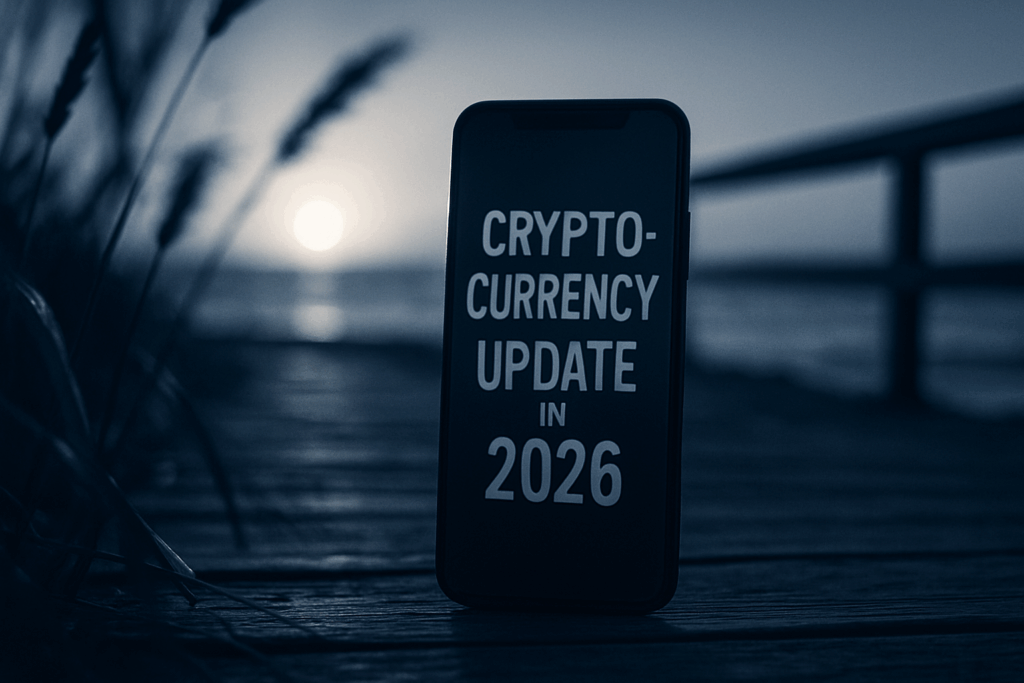As a passionate gamer and cryptocurrency enthusiast, I’ve always been intrigued by the intersection of these two dynamic worlds. The rise of cryptocurrencies aiming to disrupt the gaming industry has sparked a wave of innovation and excitement among gamers and investors alike. In this article, we’ll explore how digital currencies are revolutionizing in-game economies, enabling seamless transactions, and empowering players in ways never seen before.
From blockchain-based gaming platforms to decentralized virtual assets, the landscape of gaming is undergoing a profound transformation thanks to the integration of cryptocurrencies. As I delve into the impact of these disruptive technologies on the gaming sector, we’ll uncover the potential benefits, challenges, and future implications for both gamers and industry stakeholders. Join me on this journey to discover how cryptocurrencies are reshaping the gaming experience as we know it.
Overview of Cryptocurrencies in Gaming
I’m excited to dive into the impact of cryptocurrencies in the gaming industry, where digital currencies are reshaping the way players interact with games, economies, and virtual assets.
Current State of Gaming Industry
In the rapidly evolving gaming landscape, the industry is witnessing a surge in online and mobile gaming platforms. With millions of players engaging in diverse gaming experiences, developers are constantly seeking innovative ways to enhance user engagement and monetization strategies.
The Role of Cryptocurrencies
Cryptocurrencies are playing a pivotal role in revolutionizing the gaming industry by introducing new methods of transactions, ownership of in-game assets, and rewarding players. By leveraging blockchain technology, cryptocurrencies offer secure and transparent transactions, fostering trust among gamers and developers alike.
Key Cryptocurrencies in the Gaming Sector
I’ll now delve into the key cryptocurrencies that are making waves in the gaming industry, shaping the future of gaming ecosystems.
Bitcoin’s Influence
Bitcoin, the pioneer in the world of cryptocurrencies, has also made a significant impact on the gaming sector. Its decentralized nature allows for secure and transparent transactions in gaming economies, enabling players to buy, sell, and trade in-game assets with ease and without the need for intermediaries.
Ethereum and Smart Contracts
Ethereum, known for its smart contract capabilities, has brought a new level of programmability to the gaming world. Smart contracts on the Ethereum blockchain facilitate peer-to-peer transactions of in-game items, creating a trustless environment where players can engage in secure asset exchanges and verifiable ownership within games.
Emerging Cryptocurrencies
A number of emerging cryptocurrencies are actively targeting the gaming industry, aiming to provide solutions for various pain points such as scalability, transaction speed, and cost efficiency. These newer digital currencies are looking to enhance the gaming experience by offering innovative features that cater to the specific needs of gamers and developers alike.
Benefits of Cryptocurrencies in Gaming

Cryptocurrencies offer several advantages in the gaming industry, enhancing player experiences and facilitating seamless transactions.
- Swift and Secure Transactions
I’ll begin with the aspect of swift and secure transactions in gaming. Cryptocurrencies streamline payment processes, allowing gamers to make fast and secure transactions without traditional banking delays or fees. For instance, using cryptocurrencies like Bitcoin or Ethereum, players can instantly purchase in-game items or exchange virtual assets with minimal transaction costs and robust security measures in place. - Enhanced Gaming Economies
Moving on to the concept of enhanced gaming economies, cryptocurrencies introduce new possibilities for in-game economies by enabling decentralized systems. Through blockchain technology, games can implement unique economic models that empower players to truly own their digital assets. This shift from centralized control to player ownership fosters a more immersive gaming experience and stimulates the development of innovative gameplay mechanics based on cryptocurrency utilization.
Challenges Facing Cryptocurrencies in Gaming
Cryptocurrencies face several challenges when integrating into the gaming industry. Here are some key obstacles:
Regulatory Hurdles
Navigating regulatory frameworks poses a significant challenge for cryptocurrencies aiming to disrupt the gaming industry. It’s essential for these digital assets to comply with varying regulations across different regions and jurisdictions. In some countries, the legal status of cryptocurrencies remains ambiguous, leading to uncertainties for gaming companies looking to incorporate them into their platforms. Integrating cryptocurrencies with gaming systems requires thorough compliance with anti-money laundering (AML) and know your customer (KYC) regulations to ensure legality and security.
Technological Limitations
Integrating cryptocurrencies into gaming platforms can be hindered by technological limitations that affect scalability, transaction speed, and user experience. In particular, the scalability of blockchain networks can impact the efficiency of in-game transactions and asset exchanges. Improvements in blockchain technology are needed to enhance transaction speeds and reduce costs associated with using cryptocurrencies in gaming. In addition, ensuring seamless integration of cryptocurrency systems with existing gaming infrastructures may require significant technological upgrades and expertise.
These challenges highlight the complexity of merging cryptocurrencies with the gaming industry and underscore the importance of addressing regulatory and technological issues to foster widespread adoption and utilization.
Future Prospects
As cryptocurrencies continue to revolutionize the gaming industry, several innovations are on the horizon to further enhance the gaming experience. From the integration of non-fungible tokens (NFTs) for unique in-game assets to the development of blockchain-based gaming platforms, the future looks promising for both gamers and developers.
Innovations on the Horizon
In the coming years, we can expect to see a surge in the use of NFTs within games, allowing players to truly own their in-game items and characters. This innovation not only adds a new layer of authenticity and scarcity to virtual assets but also opens up avenues for player-driven economies within games. Additionally, blockchain-based gaming platforms are set to provide transparent and secure gaming environments, ensuring fair play and protecting player data.
Potential Market Growth
The potential market growth for cryptocurrencies in the gaming industry is substantial. With the increasing popularity of blockchain games and the growing acceptance of digital currencies, the market is poised for significant expansion. As more players and developers recognize the benefits of using cryptocurrencies in gaming, we can expect a surge in adoption rates, leading to a more seamless and rewarding gaming ecosystem.


